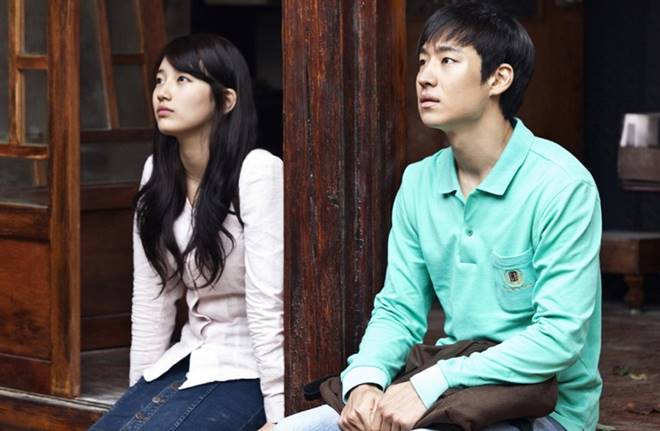
In the 1990s and 2000s, melodrama films such as 'The Contact,' 'The Letter,' 'Christmas in August' and 'A Moment To Remember' were popular among Korean moviegoers.
These were followed by 2012's 'Architecture 101' and 'A Werewolf Boy'. But in recent years, melodrama and romance films tanked at the box office.
Yonhap News reported that among the top 50 most watched films in Korea this year, 'Because I Love You' and 'Oneday' were the only films that were romance-themed. These movies sold less than 350,000 tickets each.
Films that became popular in the past few years were crime, action, period and male-focused thrillers including 'Roaring Currents,' 'Veteran' and 'The Throne'. This year, 'A Taxi Driver' and 'Confidential Assignment' topped the box office.
With Korean TV dramas flooded with melodrama and romances, moviegoers are shying away from watching such kind of films.
"When we make a film, we usually aim to attract more than 1 million viewers. But for melodramas, such a success can hardly be expected even if it has a famous actor among its main cast," an unidentified Korean film industry source said.
Films such as 'Remember You' and 'A Man and A Woman' faltered at the box office with ticket sales of 430,000 and 200,000, respectively.
"Since there are so many melodramas on television, I don't want to pay to watch similar dramas at theaters," said 32-year-old moviegoer Lee Hyun-joo.
College student Kim Myeong-seop said, "Because ticket prices went up much recently, I only go to see movies worthy of big-screen treatment these days. I can see melodramas any time on TV, you know."
"A major theme penetrating the Korean cinema in recent years is the gravity of the times. We have consumed so many political thrillers and historical flicks because melodramas couldn't carry the weight of the times," said film critic Jeon Chan-il.


